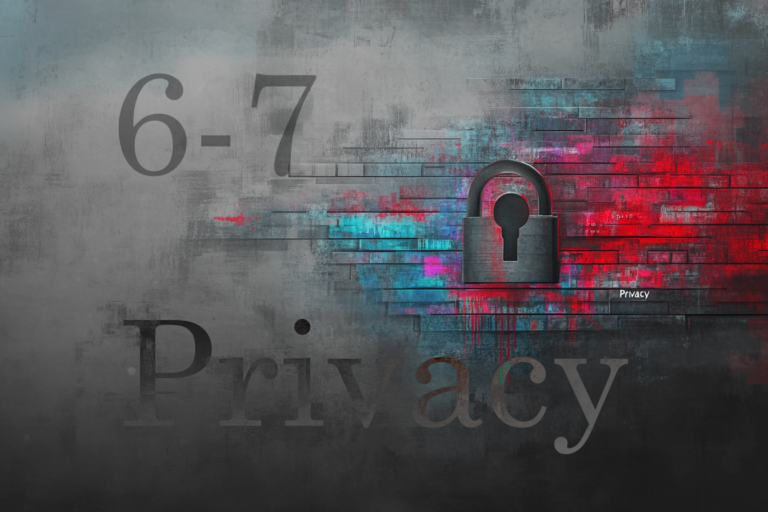The Truth About Encrypted Cloud Storage: Which Option Protects You Best?
Cloud storage has become unavoidable. Every document, photo, and message we put online has the potential to be harvested, sold, or weaponized against us.
That’s why the first rule of protecting your digital perimeter is simple:
Any encrypted cloud storage is better than the unencrypted defaults offered by Big Tech.
Dropbox, Google Drive, iCloud, and OneDrive dominate adoption… But they’re built for convenience and profit, not privacy.
Big tech providers can read your files, scan your metadata, use it to train AI models, and even hand over your data to third parties. If you’re serious about privacy, you need to step outside of that ecosystem.
The Best Encrypted Options
Our analysis compared leading cloud storage services across privacy, anonymity, security, adoption, and cost. Here’s where the real protection is found:
Proton Drive
Proton has built a reputation on privacy-first design. It limits metadata collection, enforces end-to-end encryption, and requires minimal personal information to set up an account.
- New edge: Proton recently added Docs, a fully encrypted, real-time collaboration tool inside Drive. This brings it closer to matching the usability of Google Workspace—without the surveillance. Proton has also launched Drive for Business, making it a serious contender for organizations.
- Free storage: Now 5 GB, up from the old 1 GB limit. Paid plans start at $4/mo for 200 GB.
Sync.com
A Canadian-based provider with zero-knowledge encryption by default. Minimal data collection, strong security audits, and easy-to-use apps make Sync a strong option for both individuals and teams.
- Pricing highlight: $8/month for 2 TB—one of the best deals for encrypted storage at scale.
- At ObscureIQ, we use Sync.com ourselves for secure operational storage.
Tresorit
Built for enterprises, Tresorit enforces strict privacy and security controls. It remains one of the most rigorously designed systems but comes with higher costs. At $12.50/month for 1 TB, it’s priced for businesses, not casual users.
pCloud
Strong encryption is available through the Crypto add-on, though the base service isn’t fully zero-knowledge by default.
- Lifetime advantage: pCloud remains the only provider offering true lifetime storage plans—$199 for 1 TB or $399 for 2 TB (defined as 99 years or the account holder’s lifetime). For clients who want to pay once and lock in secure storage long-term, this is unmatched.
- Occasional discounts (up to 70% off) make it even more appealing.
The Big Tech Problem
By comparison, Dropbox, OneDrive, iCloud, and Google Drive score low on privacy and anonymity. They can access your files, they require full personal identity at sign-up, and their encryption is limited to protecting data from outsiders—not from themselves.
They offer ease of use and adoption, but at the cost of your privacy. For anyone at risk (executives, activists, creators, or even everyday people who simply understand that all data is sensitive) they should not be considered safe storage.
ObscureIQ Insight
The reality is this: all data is becoming sensitive data. Every photo, document, or location trace can be weaponized. By data brokers, adversaries, or criminals. Choosing an encrypted cloud storage provider is no longer optional. It’s foundational.
At ObscureIQ, we trust tools like Sync.com to keep our operational data beyond the reach of surveillance. But Proton’s new collaboration features and pCloud’s long-term pricing show the field is evolving. There are many good choices. Find one with ZKP (Zero Knowledge Proof) – meaning they can’t read your files – and sleep easier.
If you have critical files inside Google Drive or Dropbox, it’s time to rethink your strategy.




